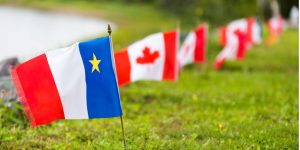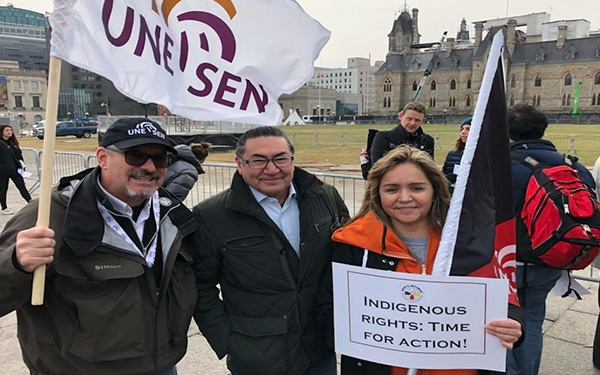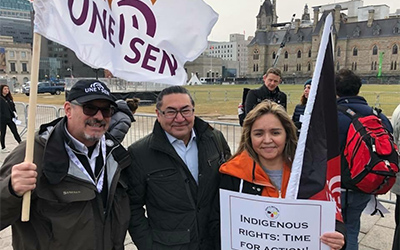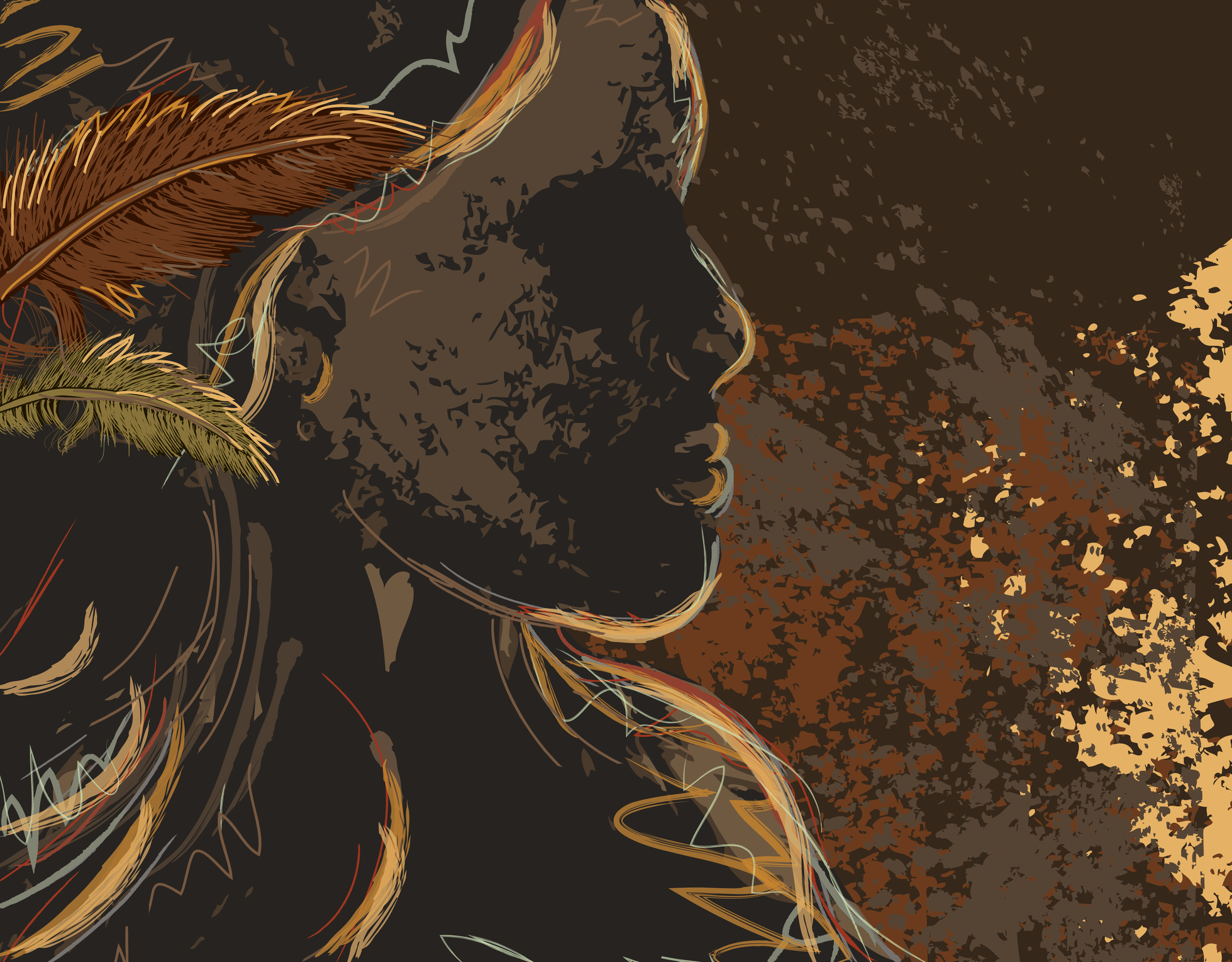Happy August 15! It’s a great day for all Acadians around the world. Acadia is the only country considered without borders. The French who first settled in Acadia in order to have a better life than the one in France. Acadia would belong sometimes to France, sometimes to England between 1604 and 1713; the period 1713-1755 marks a difficult period for the Acadian people. The British wanted the Acadians to swear allegiance to the King of England. The Acadians refused to do so, only wanting to live in peace, both on French territory and in English.
In June 1755, when the British took possession of the French colonies in North America, the British governor of Nova Scotia decreed the Deportation of the Acadians or Déportation des Acadiens, part of the Great Upheaval or Grand Dérangement. This period spanned between 1755 and 17663. The goal was to disperse the Acadians in the various territories under British rule. The Acadians were stripped of their possessions and deported around the world. They were chased away and imprisoned until 1763. After that date, the Acadian people were allowed to return to what would later become the Atlantic provinces. For more than a hundred years, speaking French in public was prohibited by law, and there was no education in French. The Acadian flag appeared in 1881, the French flag with the yellow star; the National Acadian Day was named shortly after, as well as our national anthem, Ave Maris Stella.
Our Acadian identity is our pride. Sometimes people ask me if I still feel some animosity towards the British Crown in its attempt to get rid of the Acadian people, and I say no to them. Even today, intolerance towards other people and cultures exists, and some people still try to reject the poor. I refuse to live in hatred. The Deportation of the Acadians made us what we are. We have a strong and resilient culture, a proud culture of our identity, and a culture that belongs to a country without borders. This country speaks an old French language of Poitou and Normandy, a French language that is no longer found in the Larousse or Petit Robert dictionaries, a French language which has remained alive, here in Acadia, from one generation to another.
Mike LeBlanc, Atlantic Regional Vice-President








